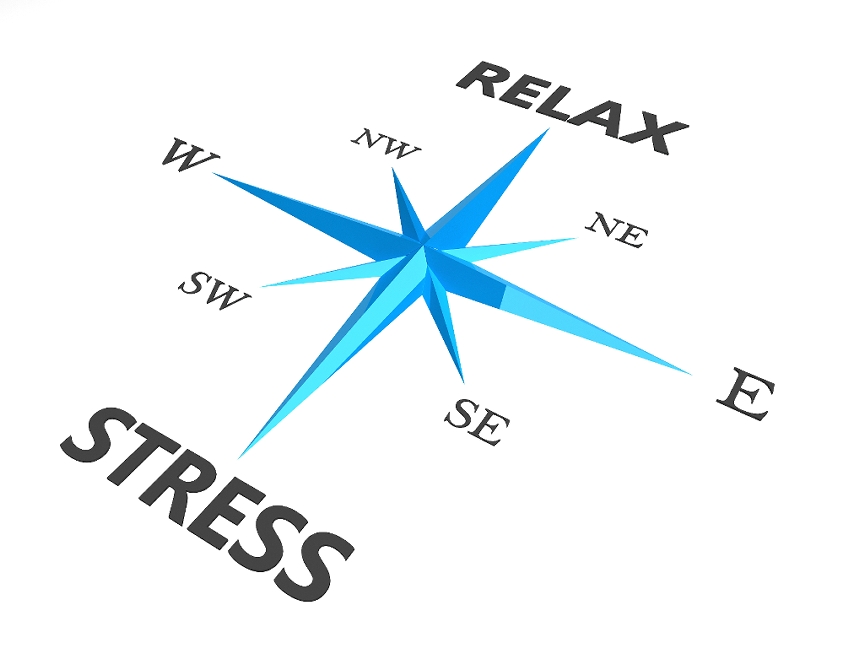Got stress? If you’re living and working in today’s world, chances are you have more than a little stress in your life. Leaders are being asked to navigate their industries through unprecedented change, others are starting and growing their own businesses, and many busy professionals are simply trying to build a career in their chosen field. We’re all trying to “balance” (or integrate) work and life in order to grow stronger families and friendships.
If stress is a given, how can you build your resilience to it? How can you evaluate the challenge in a flexible and accurate way? Whether you’re dealing with a minor adversity or going through a big life crisis, here are seven questions you can ask yourself that will give you some perspective and build your resilience:
Researchers followed more than 2,000 people for three years in order to examine how life adversity impacted their mental health and well-being. Their findings suggest that those participants who experienced some prior lifetime adversity (classified as two to six prior adverse life events) were least impacted by recent adverse events. In addition, people with a history of some life adversity reported better mental health and well-being than both people with a high history of adversity and people with no history of adversity. Moderate levels of prior adversity teach you how to create effective coping skills, help you connect to social support networks, create a sense of mastery, and build your self-efficacy (the belief that you can produce results in your life).
Is this event going to change my life in such a way that a “new normal” will emerge?
Depending on the severity of the challenge, you may have to face the reality that your life will have a “new normal.” A friend of mine was recently forced to close her business, and the financial impact meant that she had to sell her house. She’s adjusting to living in an apartment for the first time in decades. For many people, the initial impact of the event itself causes worst-case-scenario thinking (I’m going to lose my job; it must be cancer), but there is a five-step process to stop this style of thinking. Please feel free to contact me for a free worksheet to get you started.
Is it possible that this event might change my life for the better or open new doors for me?
Posttraumatic growth is the positive personal changes that result from an individual’s struggle to deal with traumatic life events. According to psychologists Richard Tedeschi and Lawrence Calhoun, people tend to report growth in five specific areas in the aftermath of traumatic events: having a renewed appreciation for life; recognizing new paths for your life; enhanced personal strength; improved relationships; and spiritual growth.
Will I still be dealing with this problem a year from now?
Resilient people both “embrace the suck” and have a realistic way of thinking about how much time a stress-producing event will last. When adversity strikes, it’s tempting to assume that the challenge will be around forever, because that’s what it seems like in the moment. Asking this question will help you evaluate root causes and give you some perspective.
Do I know anyone who has been through this who can help?
Having high-quality connections with other people is a cornerstone of resilience. My mom was diagnosed with breast cancer several years ago, and she relied on friends who had been through cancer too. If you can identify someone who has “been there done that,” it can be a source of comfort and confidence.
What aspects of this adversity can I directly control, influence or leverage?
How much time and energy do you spend thinking about, worrying about, or trying to change what is outside of your control? Resilient people focus their time and energy on aspects of a problem that they can directly control, influence, or leverage. I can’t control the fact that my flight was delayed, but I can make sure I eat and stay hydrated (even if that means wine!) while I wait.
What positive emotions can I leverage?
It might seem silly to think about positive emotions during adversity, but positive emotions directly build your resilience. In addition to building resilience, positive emotions enhance decision- making, increase your creativity, and undo the negative physiological impact of negative emotions – important qualities to help you manage stressful situations.
Legendary singer Lena Horne once said, “It’s not the load that breaks you down. It’s the way you carry it.” Stress and adversity are a part of work and life, but being able to reframe a stress-producing event to allow for some perspective and flexibility will help you build your stress resilience.
[/fusion_text][/fusion_builder_column][/fusion_builder_row][/fusion_builder_container]






